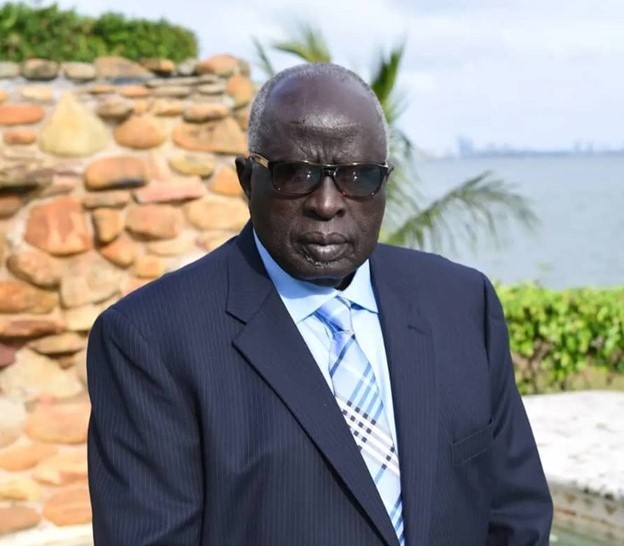
South Sudan’s hunger crisis has reached alarming levels, fueled by conflict, economic instability, and climate shocks, amidst continued political speeches and foreign aid, which have failed to address the suffering of millions.
However, a national member of parliament said Tuesday that the country’s path to recovery lies not in rhetoric but in decisive actions to revitalize agriculture, foster national unity, and implement meaningful reforms.
Aldo Ajou Deng, a member of the National Legislative Assembly representing Northern Bahr el Ghazal state, insists that South Sudan must focus on peace and productivity to end hunger, emphasizing the need for agricultural investment, transparent governance, and grassroots reconciliation.
“The hunger crisis in South Sudan cannot be ended by foreign aid or political speeches alone. It requires national peace: an end to all armed conflict, unity within political parties, and grassroots reconciliation,” Deng stated.
He stressed that agricultural investment is key, particularly through irrigation systems that harness the Nile to ensure year-round cultivation. Additionally, anti-corruption reforms, such as transparent resource management, are essential to rebuilding public trust and economic stability.
South Sudan faces one of the worst hunger situations. According to the latest Integrated Food Security Phase Classification (IPC) report, covering September 2024 to July 2025, highlights the severity of the crisis.
It indicates that 6.3 million people, 47 percent of the population, are facing high levels of acute food insecurity, with 1.71 million in Emergency and 41,000 in Catastrophe. The situation is expected to worsen, with projections estimating that 7.7 million people, or 57 percent of the population, will be in food insecurity phases three or above by mid-2025.
However, the legislator pointed to other contributing factors, including U.S. sanctions, which restricted economic growth and placed political and economic pressure on South Sudan, particularly regarding border disputes like Panthou (Heglig).
He also noted that climate change has exacerbated the crisis, saying, “Irregular rainfall patterns, prolonged droughts, and flooding destroyed crops, worsening hunger.”
Deng further highlighted corruption and poor governance, which have led to government reshuffles, administrative collapse, and tribal favoritism, ultimately weakening service delivery and food distribution.
Despite these challenges, he asserted that South Sudan is not inherently poor but has been mismanaged, wounded by war, and abandoned by some of its leaders.
“Hunger and poverty are not curses; they are the results of decisions made and unmade. But the nation still holds the keys to its recovery: its people, its land, and the Nile River. Like Vietnam, China, and Korea, South Sudan can rise from ashes to abundance, but only through peace, unity, and hard work,” he said.
Appealing to both the government and citizens to join efforts in rescuing the nation and rebuilding its economy, emphasizing, he said “No child should sleep hungry, and no farmer should beg for rain while the Nile flows silently.”
With sub-national violence, climate shocks, and political instability worsening, South Sudan’s hunger crisis continues to escalate. A recent report from the World Food Program has warned that displacement and the spillover effects of Sudan’s war have heightened food insecurity, with returnees and children suffering the most, with an estimated more than 2.1 million children at risk of acute malnutrition.

